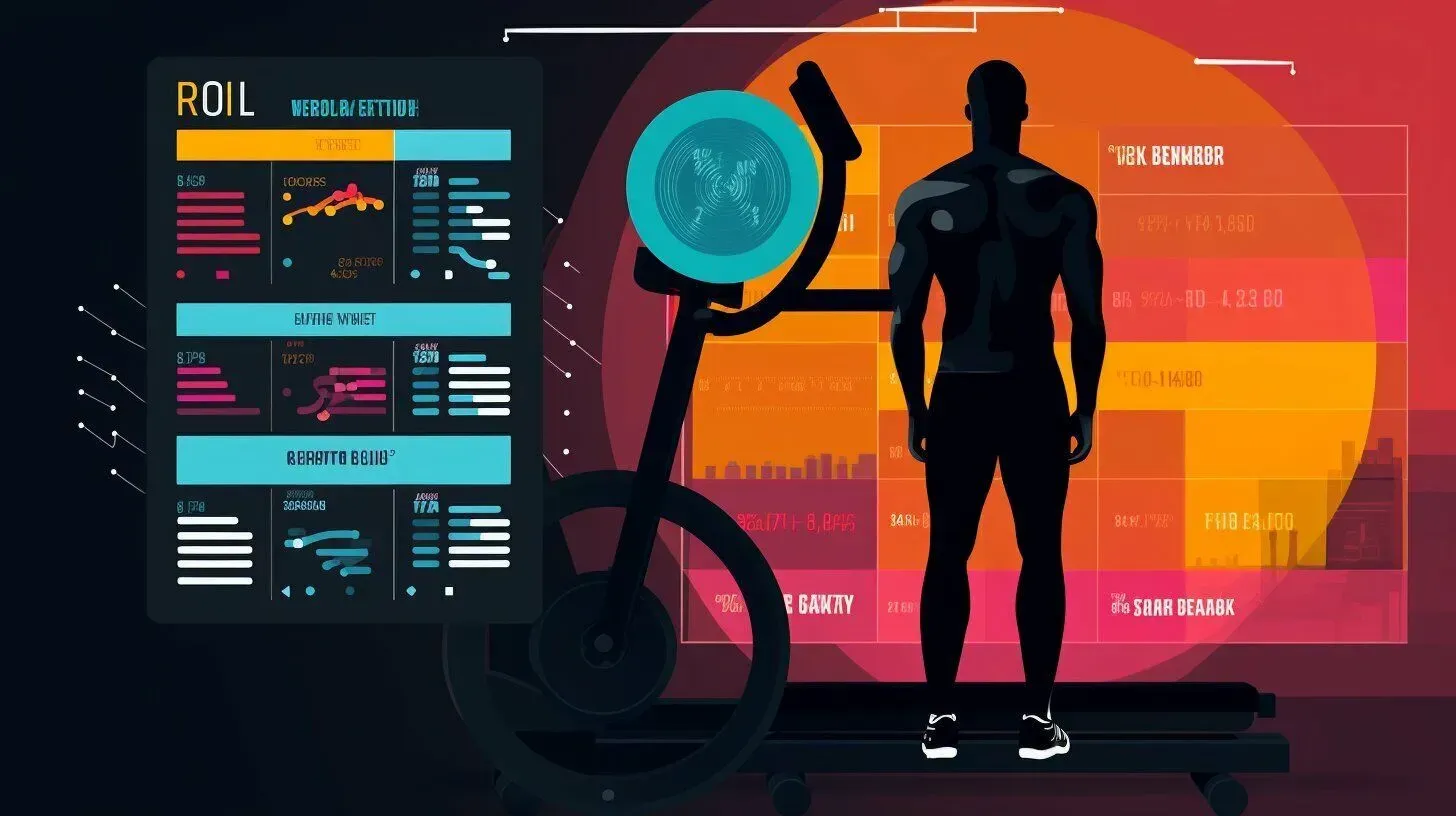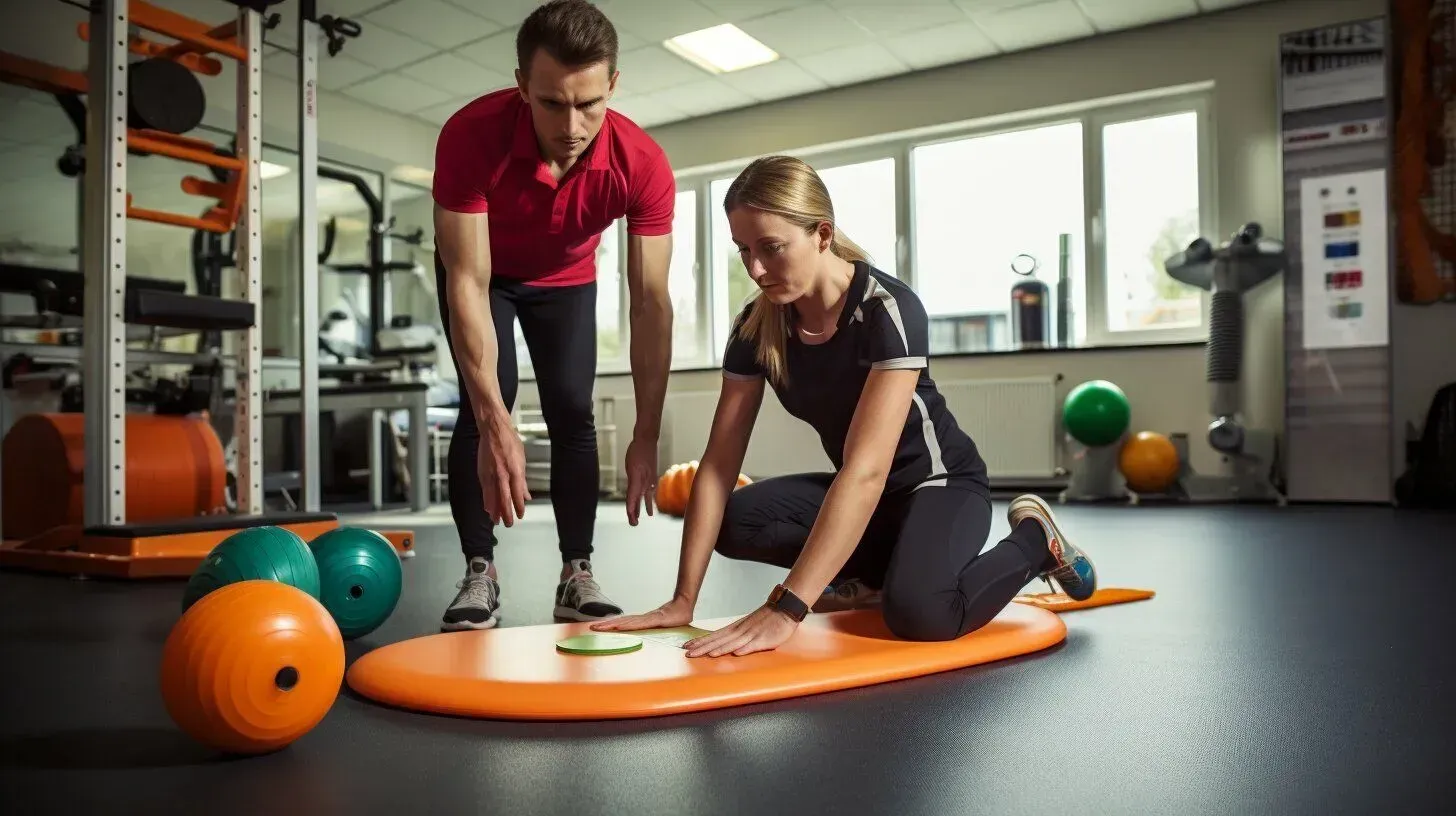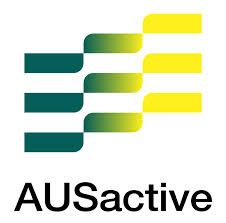Why You Should Get a Fitness Assessment Before Exercising
Introduction:
When starting an exercise routine, it's essential to prioritise your health and safety. That's why we recommend getting a fitness assessment before starting any exercise program. A fitness assessment is a comprehensive evaluation of your current fitness level, including your cardiovascular fitness, strength, flexibility, and body composition.
A personal trainer is instrumental in guiding you through the fitness assessment process. They will work closely with you to perform fitness tests and a thorough health assessment to determine your baseline fitness level. Based on the results, they will devise an exercise program tailored to your individual needs and goals.
If you're in Melbourne, there are various fitness assessment options available to you. You can opt for a fitness evaluation at a gym or personal training studio. These assessments may include functional movement screening, which identifies any movement dysfunctions or imbalances that could affect your workout routine.
Overall, a fitness assessment is a crucial first step in planning your exercise program. By evaluating your current fitness status, a fitness assessment can help you identify your strengths and areas for improvement. With the guidance of a personal trainer, you can create an exercise plan that addresses your specific needs and goals. So don't hesitate to prioritise your health and safety by getting a fitness assessment before starting your exercise routine.

Before delving into the specifics of a fitness assessment, it's essential to understand the importance of a health assessment. A health assessment is a comprehensive evaluation of your overall health status and includes a variety of tests and measurements. At the core of a health assessment lies a fitness assessment, which assesses your current fitness level and serves as a foundation for developing an exercise program that meets your individual needs and goals.
Fitness assessments may include a combination of
fitness testing and
body composition analysis. Fitness testing measures your physical fitness and includes evaluations such as
cardiovascular assessment, strength assessment, and
flexibility assessment. Body composition analysis, on the other hand, measures the ratio of fat to lean muscle in your body. This is done through various methods, such as skinfold calipers or bioelectrical impedance.

By understanding the components of a fitness assessment, you can gain insight into your current fitness level and identify areas for improvement. Through regular fitness assessments, you can track your progress, adjust your exercise program accordingly, and work towards achieving your health and fitness goals.
Evaluating Your Fitness Level
Assessing your fitness level is a crucial step in the fitness assessment process. There are three main areas that a fitness assessment evaluates to determine your current fitness level: cardiovascular assessment, strength assessment, and flexibility assessment.
Cardiovascular assessment measures your heart's ability to pump blood efficiently during physical activity. This is commonly assessed through exercises such as cardiorespiratory
fitness testing, which includes a treadmill test or a stationary bike test, among others.
Strength assessment measures your muscle strength and endurance. This is usually evaluated through tests such as push-ups, sit-ups, and squats. A personal trainer may also use equipment such as resistance bands or weights to assess your strength.
Flexibility assessment measures your joint range of motion and muscle flexibility.
Stretching exercises and movements such as the sit-and-reach test are used to evaluate flexibility. This assessment is essential to identify any muscle imbalances or restrictions that may affect your performance or increase the risk of injury.
By assessing these three areas, you can get a comprehensive overview of your fitness level, including any strengths and areas for improvement. This information is crucial in developing a customised exercise program that caters to your individual needs and goals.

The Role of Functional Movement Screening
Functional movement screening is a critical component of a fitness assessment. It involves a series of tests to identify any movement dysfunctions or imbalances that may increase the risk of injury during physical activity.
At Fitness Assessment Melbourne, we conduct functional movement screening to evaluate how well your body moves and identify any areas of weakness or limitation. This screening can help determine the appropriate exercises and techniques to include in your exercise program.
The benefits of incorporating functional movement screening into your fitness assessment are numerous. Through this screening process, we can:
- Identify areas of muscle weakness or tightness
- Detect any imbalances or asymmetries in your body
- Develop a personalised exercise program tailored to your individual needs and goals
- Improve your overall movement patterns and reduce the risk of injury
- Monitor your progress and adjust your program as needed
Our experienced personal trainers at Recalibrate Melbourne are trained to administer functional movement screening and incorporate the results into your exercise program. We will work with you to ensure that your program is safe and effective, and that it meets your unique needs and fitness goals.
By including functional movement screening in your fitness assessment, you can optimise your exercise planning and achieve your desired outcomes. Contact us today to book your fitness assessment and learn more about the benefits of functional movement screening.

At our fitness assessment Melbourne centre, we understand that navigating the fitness assessment process can be overwhelming. That's why we offer the guidance of a qualified personal trainer to ensure a smooth and effective assessment.
Our personal trainers have the expertise to tailor the fitness assessment to your individual needs and goals. They will work with you to understand your fitness history, lifestyle habits, and exercise preferences to create a customised assessment plan.
During the assessment, your personal trainer will guide you through each component, from the cardiovascular assessment to the strength and flexibility tests. They will provide feedback on your movements and form, ensuring that you are performing each exercise safely and effectively.
Our personal trainers are not only there to support you during the
fitness assessment process but also serve as ongoing partners in your fitness journey. They can assist in interpreting the results of your assessment and using them to develop an exercise program tailored to your strengths, weaknesses, and goals.
By working with a personal trainer during your fitness assessment, you can have peace of mind in knowing that you are receiving the individualiz=sed attention and guidance necessary to optimise your fitness journey.

One of the most significant advantages of a fitness assessment is the ability to evaluate your fitness level accurately. However, determining your level is not the end of the story. You still need to monitor your progress to ensure that you are meeting your goals and targets. This is where fitness tracking comes into play.
Fitness tracking provides you with real-time data and information about your performance, progress, and achievements. It allows you to monitor various aspects of your fitness journey, such as your heart rate, calorie burn, and steps taken. By tracking your progress, you can see how far you have come and where you need to go.
Moreover, fitness tracking can help you make informed decisions about your exercise routine. If you notice a specific area of your fitness that is not progressing as expected, you can adjust your workout accordingly. For example, if you want to improve your cardiovascular health, you may want to increase the intensity or duration of your cardio workouts.
Fitness tracking can also motivate you to stay committed to your fitness goals. Seeing your progress can be incredibly motivating and encouraging. It can help you stay focused on your goals and inspire you to take your fitness journey to the next level.
Lastly, fitness tracking can complement the results of your initial fitness assessment. By comparing your current fitness status to the baseline data provided by the assessment, you can see the progress you have made and identify areas that still need improvement.
Tailoring Your Exercise Program
Once you have completed your fitness assessment with the guidance of a personal trainer in Melbourne, it’s time to tailor your exercise program. The results of your assessment, along with your personal goals, can help your trainer develop a customized exercise plan that suits your individual needs.
By addressing your specific strengths, weaknesses, and goals, your tailored exercise program will ensure a safe and effective exercise journey towards better health and well-being. Your personal trainer will work with you to design a program that takes into account any movement dysfunctions or imbalances identified during your functional movement screening. They will also ensure that the program is progressive, to avoid plateauing and keep you motivated.
Regular fitness evaluations will help you stay on track with your exercise program. By monitoring your progress and making necessary adjustments, you can continue to challenge yourself and achieve your fitness goals.

Working with a personal trainer means that you have expert guidance throughout your exercise program. Whether you’re a beginner or a seasoned athlete, a personal trainer can help you achieve your goals with confidence and safety. Personal trainers have the knowledge, experience, and skills to help you reach your full potential and transform your fitness.
So, whether you’re looking to lose weight, build muscle, or improve your overall fitness level, a fitness assessment and tailored exercise program with a personal trainer is a great place to start. By taking these steps, you can prioritise your health and fitness and achieve the results you’ve been striving for.
Conclusion
In conclusion, a fitness assessment is an essential first step towards achieving your fitness goals. By undergoing a health assessment, you can evaluate your current fitness level and identify any potential areas of improvement. With the guidance of a personal trainer, you can tailor your exercise program to address these areas and set realistic fitness goals.
A
fitness evaluation can also provide valuable insights into your body composition, cardiovascular health, strength, and flexibility. This information can help you make informed decisions about your exercise routine by identifying which types of exercise are most suitable for your body.
Incorporating functional movement screening into your fitness assessment in Melbourne can also help identify any movement dysfunctions or imbalances. This information can help you avoid injuries and improve your overall well-being.
Fitness tracking is another useful tool to monitor and evaluate your fitness progress. By tracking your exercise and diet, you can identify areas of progress and adjust your exercise program accordingly.
Overall, by prioritising a fitness assessment, you can ensure a safe and effective fitness journey towards better health and well-being. With the guidance of a personal trainer and a customised exercise program, you can achieve your fitness goals and maintain a healthy lifestyle for years to come.
FAQ's - Getting Fitness Assessments
Q: Why should I get a fitness assessment before exercising?
Getting a fitness assessment before starting an exercise routine is essential for several reasons. It helps identify your current fitness level, any potential health risks, and areas for improvement. It allows a personal trainer to design a customised exercise program tailored to your needs and goals.
Q: What does a fitness assessment involve?
A fitness assessment typically includes various components such as cardiovascular assessment, strength assessment, flexibility assessment, and body composition analysis. These assessments help evaluate your overall fitness level and provide a comprehensive understanding of your strengths and areas for improvement.
Q: Why is functional movement screening significant in a fitness assessment?
Functional movement screening is crucial in identifying any movement dysfunctions or imbalances that may impact your exercise performance or lead to potential injuries. By including functional movement screening in your fitness assessment, you can address these issues and work towards improving your movement patterns.
Q: How does a personal trainer guide you through the fitness assessment process?
A personal trainer plays a vital role in guiding you through the fitness assessment process. They have the expertise to conduct the assessments, interpret the results, and provide personalised recommendations based on your goals. They ensure that the fitness assessment is tailored to your individual needs and guide you towards improving your overall fitness level.
Q: Why is fitness tracking beneficial after a fitness assessment?
Fitness tracking allows you to monitor and evaluate your fitness progress over time. By using fitness tracking devices and apps, you can measure various aspects of your fitness, such as steps taken, calories burned, and heart rate. This data can complement the results of your initial fitness assessment and help you stay motivated as you work towards achieving your goals.
Q: How does a fitness assessment help in tailoring your exercise program?
Based on the results of your fitness assessment, a personal trainer can customise your exercise program to address your specific strengths, weaknesses, and goals. The assessment provides valuable information about your fitness level, allowing the trainer to design workouts that are safe, effective, and challenging enough to help you progress towards your desired outcomes.
Q: What is the importance of a fitness assessment conclusion?
The conclusion of a fitness assessment summarises the key points discussed throughout the assessment. It emphasises the significance of getting a fitness assessment before exercising and highlights the role it plays in optimising your exercise planning. By prioritising a fitness assessment and working with a personal trainer, you can ensure a safe and effective fitness journey towards better health and well-being.

Hi, I'm Gary Wagner (Coach Gaz).
I help business leaders get out of pain so they can dominate their profession & get all that they want out of life. I guide professionals passionate about achieving new levels of performance. I enable them to forge an effective and resilient physical form that feels unstoppable, enabling and empowering their personal and professional success in Melbourne.
Share this article





